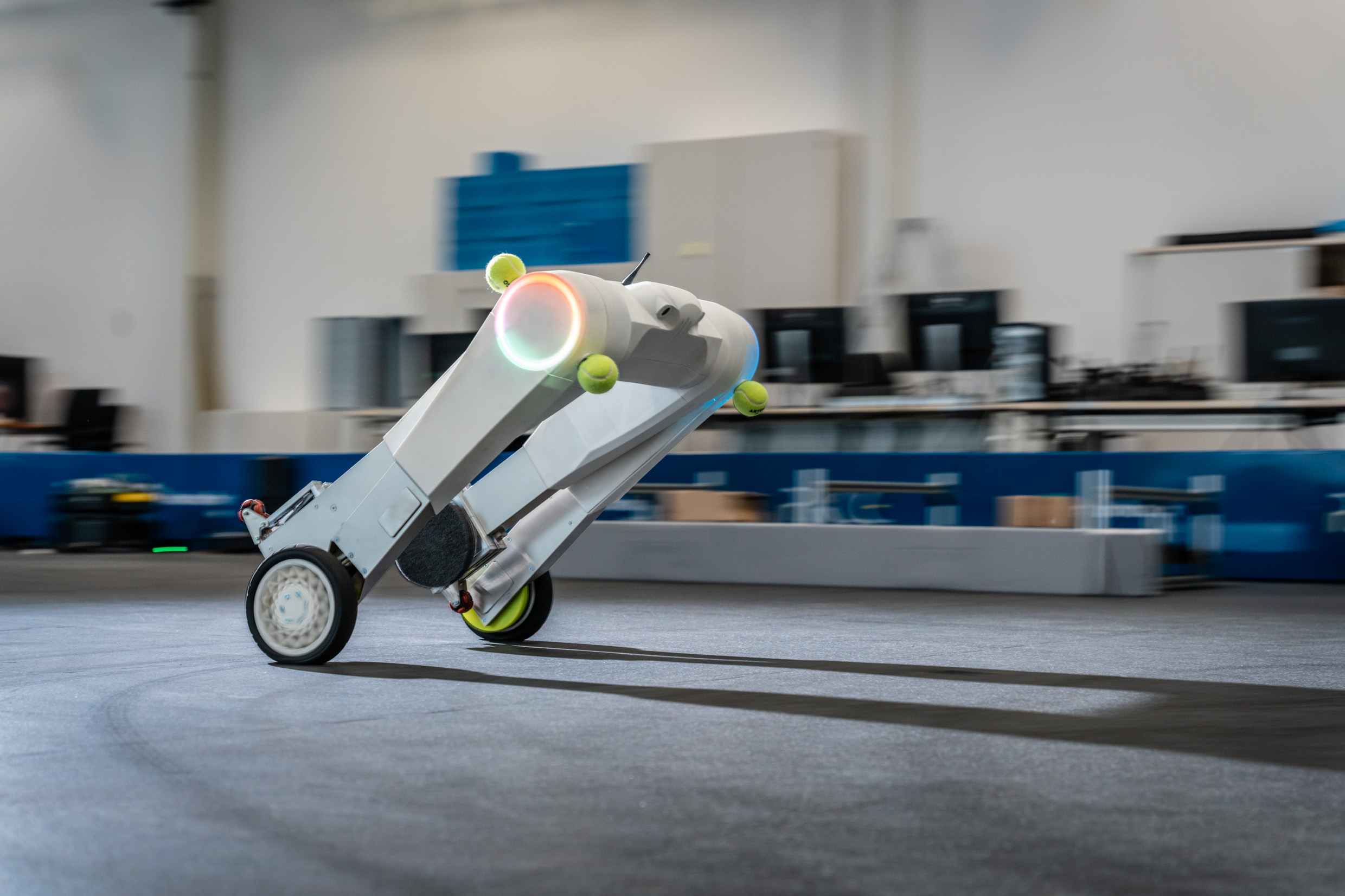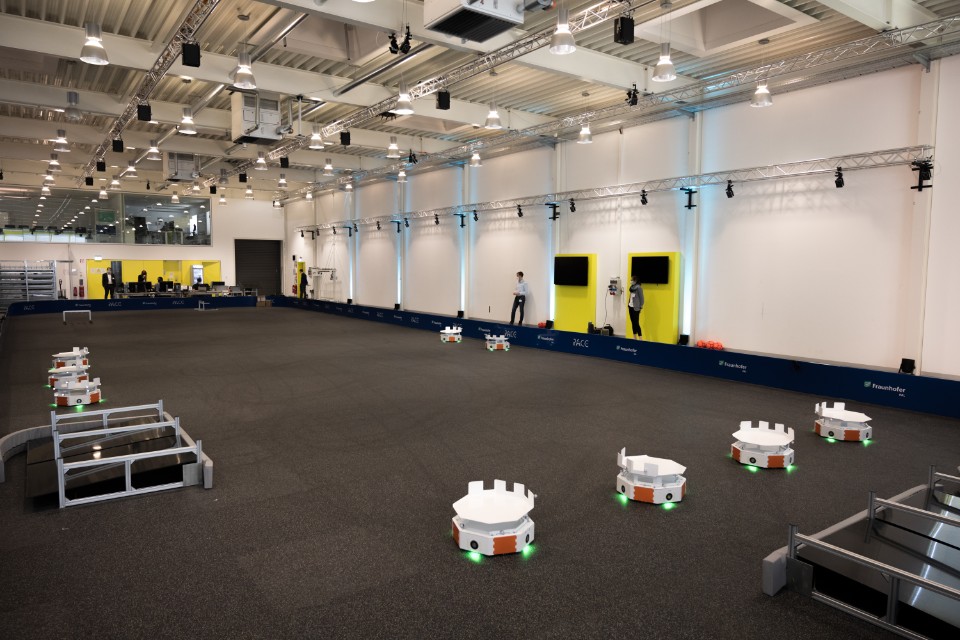More energy and cost efficiency thanks to the IoT and embedded systems
The scarcity of resources and climate change pose major challenges for numerous industries. For example, the decreasing availability of fossil resources on the one hand and the shortage of skilled workers on the other are major challenges that require innovative solution strategies from companies in order to secure their competitiveness in the long term.
In order to accompany companies as comprehensively as possible in these processes of change, the department encompasses a versatile and diversified range of work. Embedded systems enable the particularly economical and easy automation and autonomisation of simple logistical processes in the Internet of Things (IoT) through the event-based recording, evaluation and transmission of environmental parameters. The transmission of event-based events takes place via the latest licensed radio standards such as Narrow Band IoT (NBIoT) and Cat M1. In addition, mobile radio standards up to 6G are the subject of our research work. Further research focuses on control engineering and the development of autonomous robot systems for intralogistic applications. In particular, controller conceptualisation and implementation, as well as state estimation and motion planning of these robot systems are among our areas of expertise.
The special features of our work: The development and production of electronic components, both for the IoT sensor technology and for the robot systems, can be carried out completely in-house up to the pre-series stage. Rapid prototyping allows us to react quickly and flexibly to customer requirements.
Below you will find detailed information on our focus areas, research environments and industrial and research projects.
 Fraunhofer Institute for Material Flow and Logistics IML
Fraunhofer Institute for Material Flow and Logistics IML
